Ever since HBO Max debuted its gripping new docuseries Telemarketers, fans have never looked at an unknown phone call in quite the same way. The documentary, produced by the likes of Danny McBride and the Safdie Brothers, premiered its first episode on the streamer last week, kickstarting a three-episode run that seems poised to expose the telemarketing industry and its decades-long history of workplace malpractice and scams.
For those needing a refresher on Telemarketers ahead of episode 2, the series follows telemarketers Sam Lipman-Stern and Pat Pespas, who work as callers for Civic Development Group. Throughout their time at the agency, the pair collect video footage of the goings at CDG, from open drug use in the office to more sinister policies around fraudulent fundraising.
While Pespas is undeniably the show’s star, the entity of CDG remains a compelling character in its own right. So, what exactly is the non-descript telemarketing company, and what happened to it during Pespas’ employment?
What is Civic Development Group?
Owned by Scott Pasch and David Keezer, Civic Development Group was a telemarketing company based in New Jersey, with a call center operating out of an office in New Brunswick. The company tasked its employees with cold-calling people to request donations on behalf of charities that serviced groups like police, firefighters, and veterans.
The telemarketers — who were paid just $10 an hour with no commission — were instructed by CDG to tell donors that they were calling on behalf of the families of police officers and firefighters. Donors were also told that these agencies would receive 100 percent of the funds when in reality, they were only given 10-15 percent.
Telemarketers paint a disturbing image of office life within the New Jersey call center of CDG, where employees engaged in various activities from open drug use to prostitution and pet sales. Employers seemingly disregarded this workplace culture so long as callers made their sales.
What happened to Civic Development Group?
Unsurprisingly, it wasn’t long before authorities caught wind of CDG’s shady practices. The first crackdown arose in 1998 when the Federal Trade Commission sued the company for falsely claiming that the donations it received would be given to family members of deceased police officers. Despite the lawsuit, CDG remained open.
The FTC filed another lawsuit in 2007, this time alleging that CDG had violated its prior order by having callers refer to themselves as “consultants.” By the time that lawsuit was finalized in 2010, CDG was officially banned from soliciting donations, with Pasch and Keezer made to pay $18.8 million for violating the order.
The owners had to turn over personal assets, including homes, artworks, cars, and jewelry, as part of what was then considered the largest-ever civil penalty issued by FTC. As for how all this plays on Telemarketers, viewers will have to wait until the second episode of the jaw-dropping docuseries airs on Aug. 20.

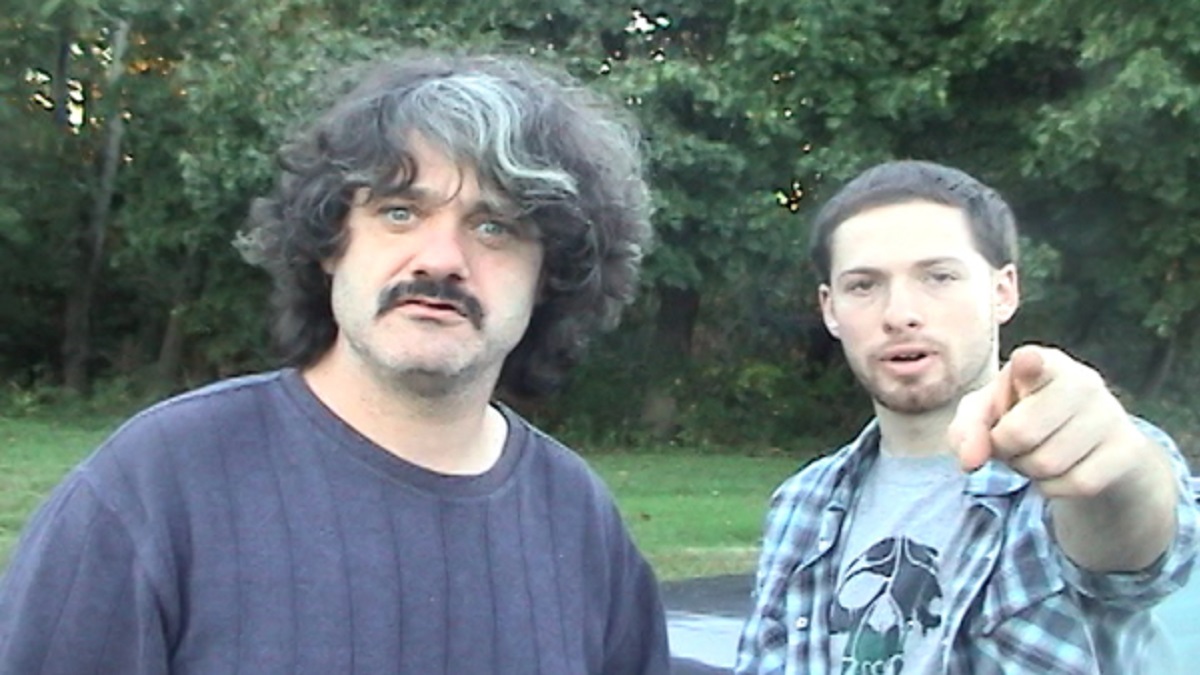

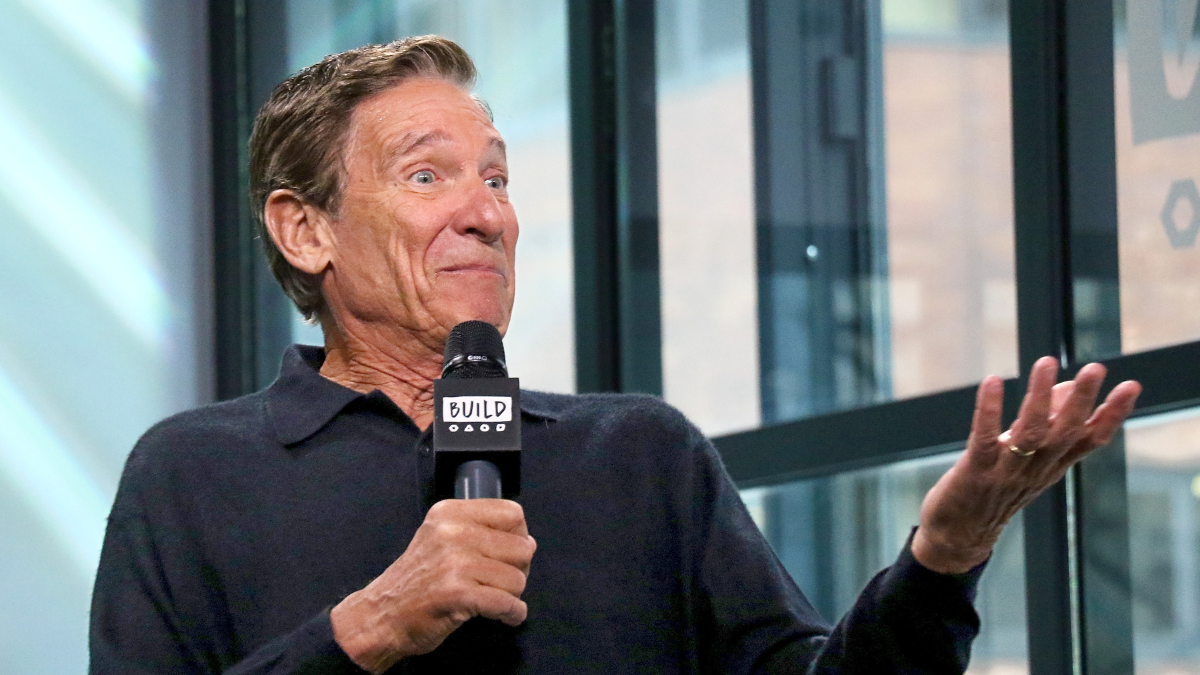
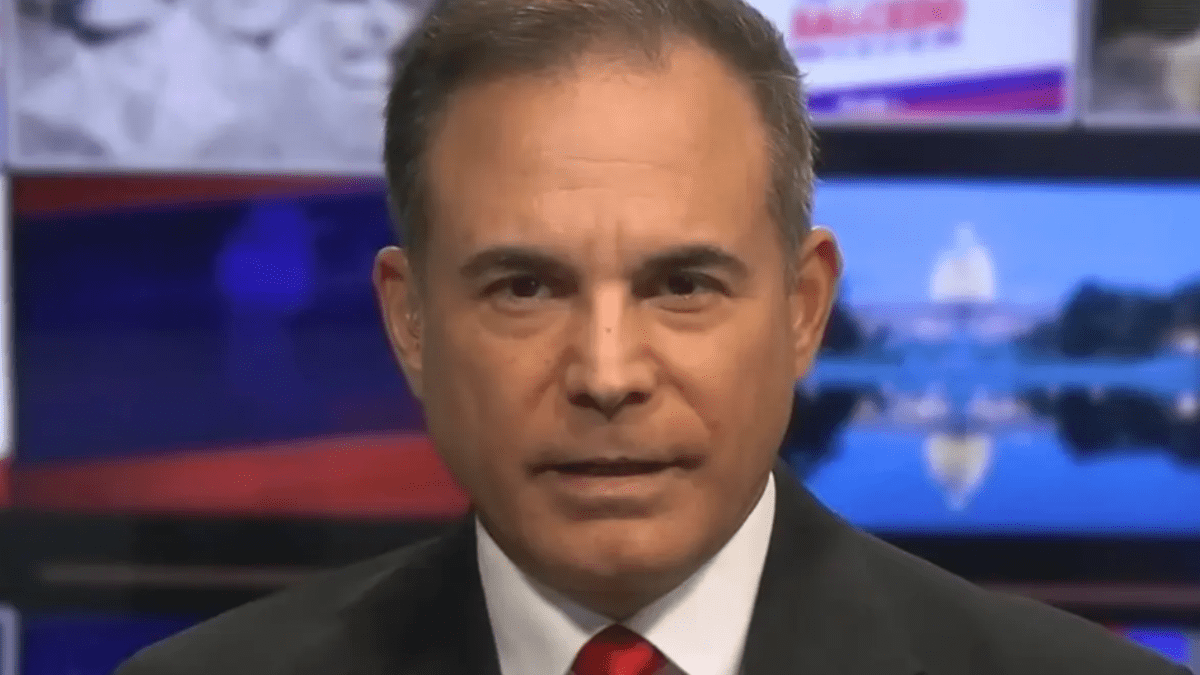
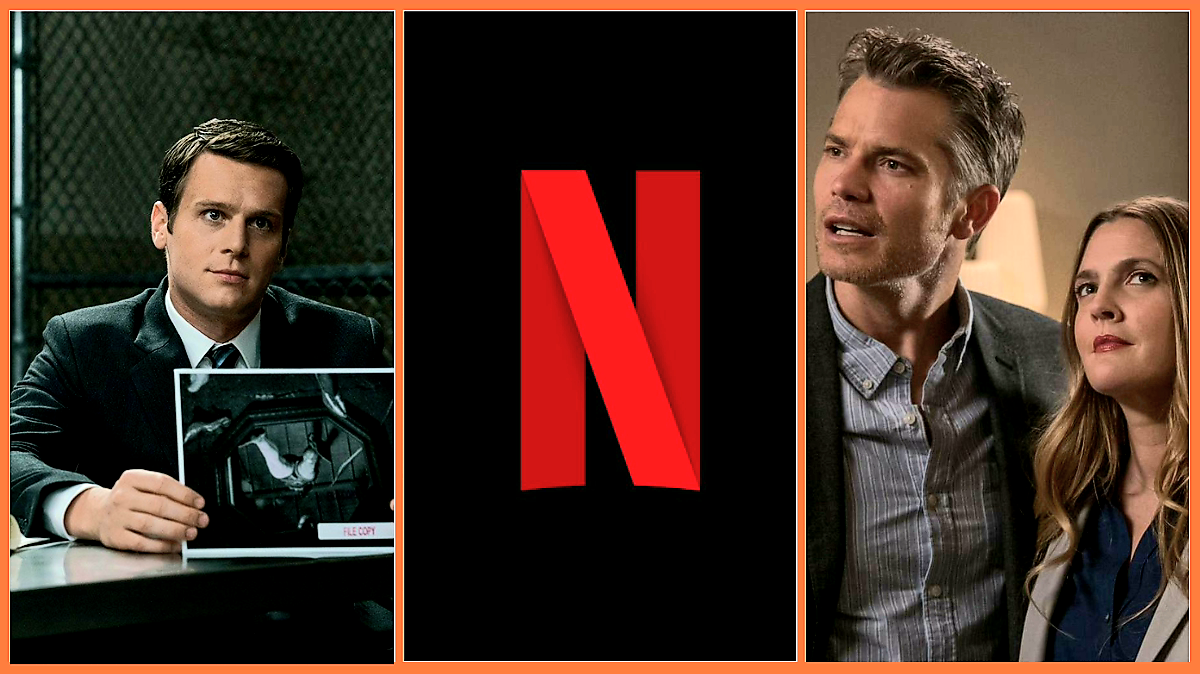
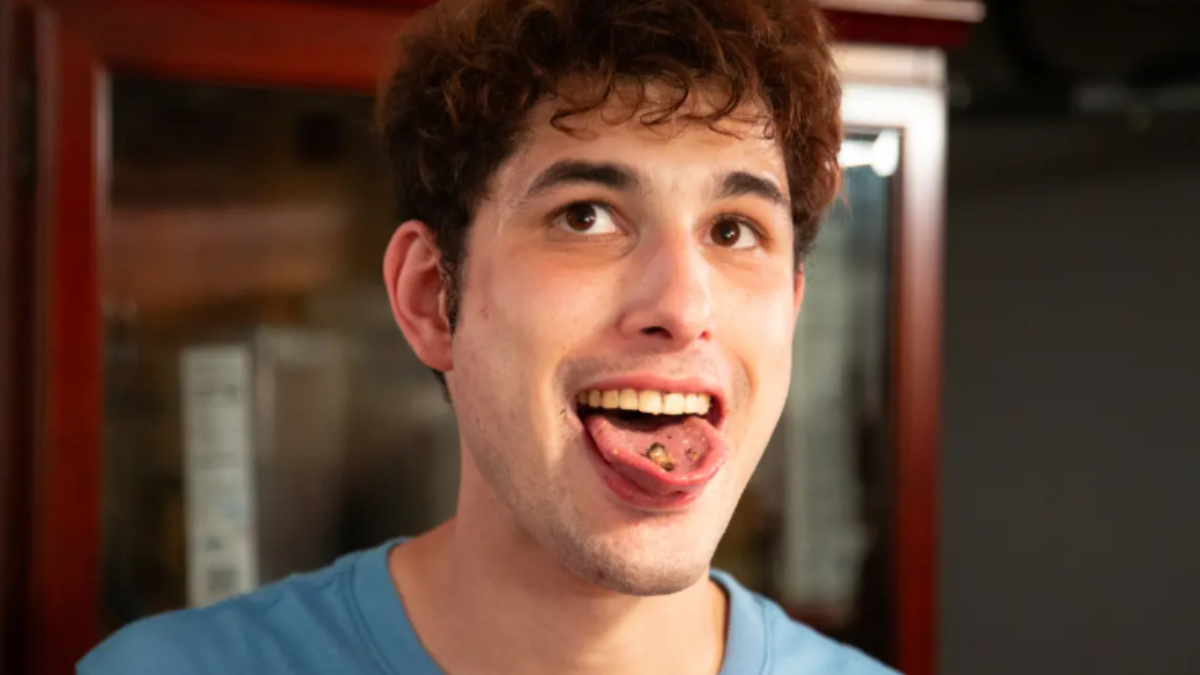

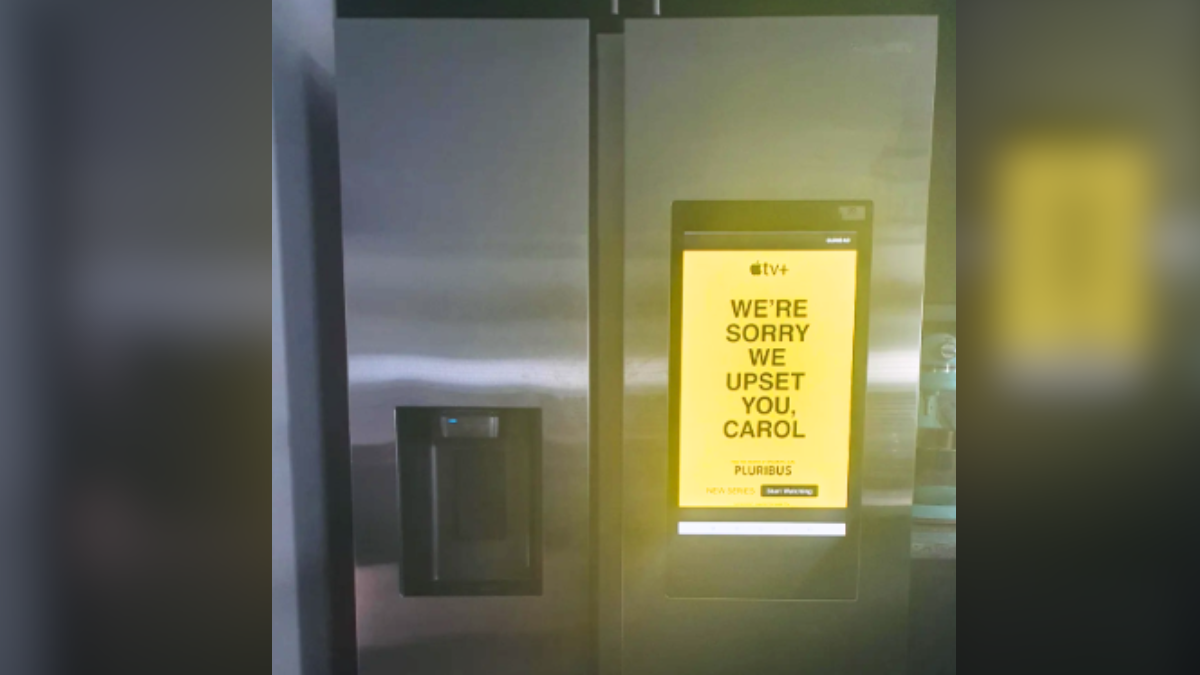


Published: Aug 16, 2023 09:34 pm